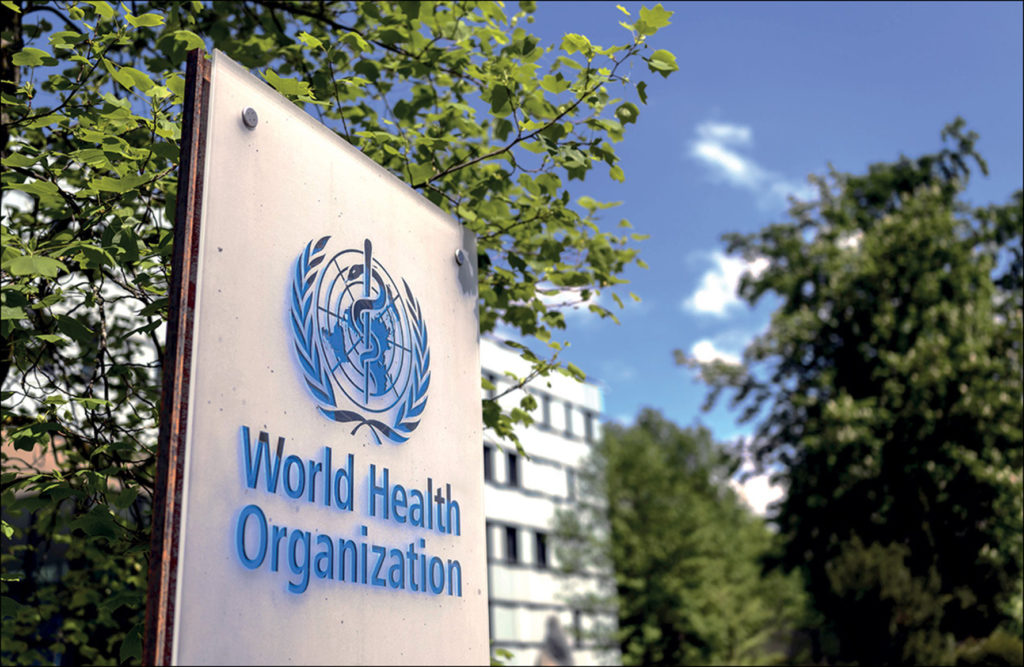
By Rafaela Prifti
The daily average for hospitalized Covid-19 patients in the United States is now more than 100,000 over the last week, a figure not seen since the winter peak. Ahead of a new academic year worldwide, the W.H.O. urges actions to keep schools open. The European Union has recommended that its member countries reintroduce travel restrictions for visitors from the United States who are unvaccinated against the coronavirus, a fresh blow to the continent’s ailing tourism sector and a sign that potential measures to curb the spread of the coronavirus might remain in place for months. The European Council, which comprises the leaders of the bloc’s 27 countries, removed the United States from a “safe list” of countries whose residents can travel without requirements such as quarantine and testing.
The change is not mandatory. Each E.U. member state imposes its own travel rules and can decide whether to follow the guidelines or not, so it was not immediately clear which countries, if any, would reintroduce restrictions or when they might begin. If enforced, the new restrictions would only apply to unvaccinated travelers — the European Council already recommends that all visitors who have been fully inoculated with an E.U.-approved vaccine be allowed to travel. That includes the three vaccines available in the United States. Most countries in the bloc do not require Americans to isolate upon arrival, but a few have kept quarantine requirements in place this summer, including, in some cases, for inoculated visitors. Still, most vaccinated American tourists have been able to enjoy the beaches of Greece, Spain or Portugal, the Italian countryside or the streets of Amsterdam or Paris without hurdles, boosting a tourism industry that was closed to them last year. In countries such as France, Greece and Spain, U.S. visitors make up the largest contingent of tourists from non-European countries. In others, such as Portugal, total spending by Americans is among the highest of any nationality. But as the United States returns to a daily average of 100,000 Covid hospitalizations over the last week, the European Council has advised E.U. countries to keep their borders shut to nonessential travel by unvaccinated Americans, in the hope of containing the spread of the Delta variant. The seven-day average of U.S. Covid hospitalizations peaked in mid-January with nearly 140,000 people hospitalized, according to federal data. One of the council’s criteria for lifting restrictions is that a country should have fewer than 75 coronavirus cases per 100,000 inhabitants over the past 14-day period, but the United States has a reported infection rate well above that threshold, according to data provided by the European Center for Disease Control. The United States is also classified as a red zone by the agency, the second-most risky color, after dark red. Other criteria outlined by the European Council include a stable or decreasing trend in Covid cases. While reported coronavirus infections in the United States have surged this month, that figure has remained relatively steady across the European Union.
A European official with knowledge of discussions around the announcement, who spoke on condition of anonymity to discuss the amendment to the list, said that the update had been made based on the latest scientific data available. Other countries removed from the “safe list” include Israel, Kosovo, Lebanon, Montenegro and North Macedonia.
The European Union recommended that its member countries reopen their borders to American travelers in June, but there has been growing frustration and incomprehension about the lack of reciprocity from the United States. Hospitalizations nationwide have increased by nearly 500 percent in the past two months, particularly across Southern states, where I.C.U. beds are filling up, a crisis fueled by some of the country’s lowest vaccination rates and widespread political opposition to public health measures like mask requirements. “We encourage all countries to keep schools open and urge all schools to put in place measures to minimize the risk of Covid-19 and the spread of different variants,” the official, Hans Kluge, said in a statement released jointly with the United Nations children’s agency, UNICEF.
Edited NYT Reporting, WHO Press Release